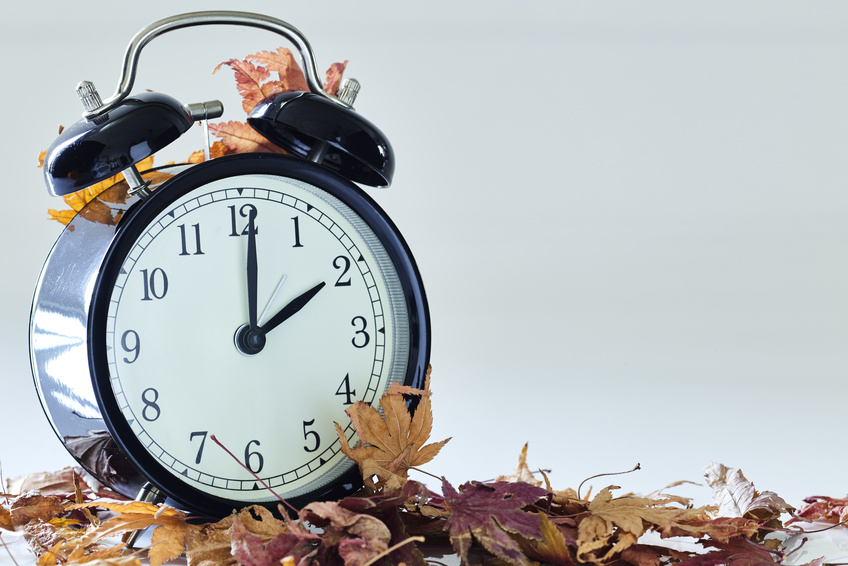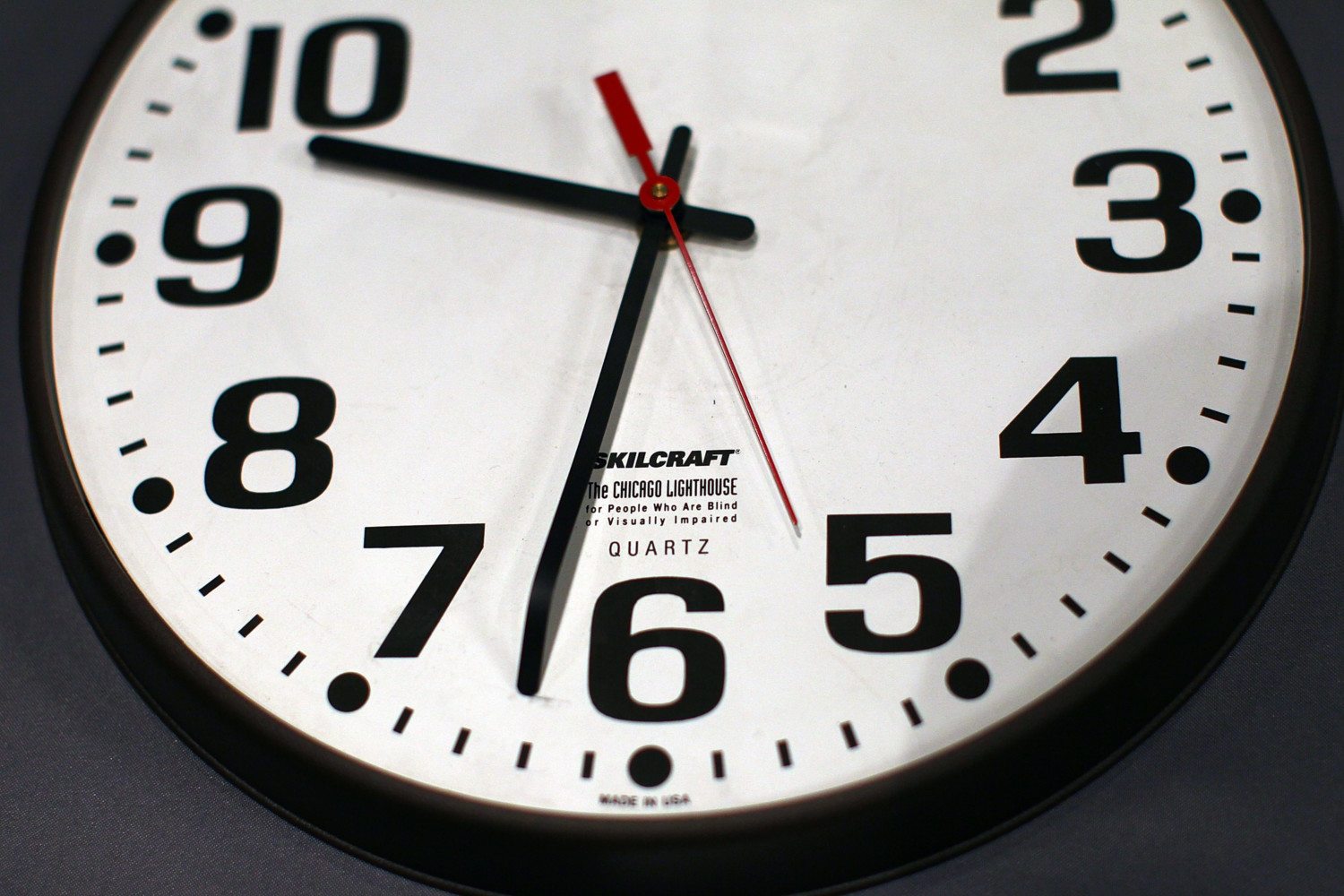

Avoiding light in the evening is also important and would become more difficult with permanent daylight saving, Weaver said, because exposure to light suppresses melatonin and delays bedtimes.īut that’s not all. Morning light is particularly important for resetting our circadian rhythms to align with the 24-hour day.

Melatonin is “the marker of biological night,” according to Matthew Weaver, a Harvard instructor in medicine and one of the liver cancer researchers, because its levels rise and fall in a predictable 24-hour cycle. The exact connection between time and cancer is an area of active investigation, but Czeisler said the fact that the cancers involved are hormone-sensitive points to hormone dysregulation caused by our messed-up and misaligned schedules. Charles Czeisler, professor of sleep medicine In 2018, a research team including Harvard scientists looked specifically at the connection between time zones and liver cancer, showing a similar rise in cases the farther west a patient lived. In 2017, investigators from Harvard, Brigham and Women’s Hospital, and the National Cancer Institute revealed that rates of breast, lung, stomach, and other cancers rose among those who lived farther west across a time zone. The cancer-time connection surfaced more than a decade ago, when studies showed that night workers had higher rates of the disease, an effect disconnected from workplace carcinogens. Recent research has identified another argument for sticking with standard time year-round: cancer risk. The shift also undoes the positive effects of changes to school start times that let high schoolers start later, after research showed they benefitted from the extra sleep. There is also a more lasting increase in heart attacks, strokes, and suicide, according to a 2020 position paper by the American Academy of Sleep Medicine. Studies show reduced alertness and a 6 percent increase in fatal traffic accidents the following week. “They had a 50 percent chance and they chose the wrong one,” Charles Czeisler, the Frank Baldino Jr., Ph.D., Professor of Sleep Medicine at Harvard Medical School and Brigham and Women’s Hospital, said of the Senate’s vote.Įveryone knows that the shift to daylight saving in March is rough. In fact, researchers say, if there’s a year-round time to try, it is not daylight saving but standard time - that harbinger of winter, afternoon sunsets, and heavy coats - that should get the nod. The results have been disastrous, and we’ve always switched back. Though politicians think we want it and many of us think we’ll love it, sleep scientists assure us we won’t. Senate’s unanimous vote to make daylight saving time permanent. The clock, not the steam engine, is the key machine of the modern industrial age.įorget long, languid summer evenings - they’re not worth the cost.įorget the annual “spring forward,” which we curse for how tired it leaves us but welcome for the promise of warmth and light.Īnd, please, forget the U.S.


 0 kommentar(er)
0 kommentar(er)
